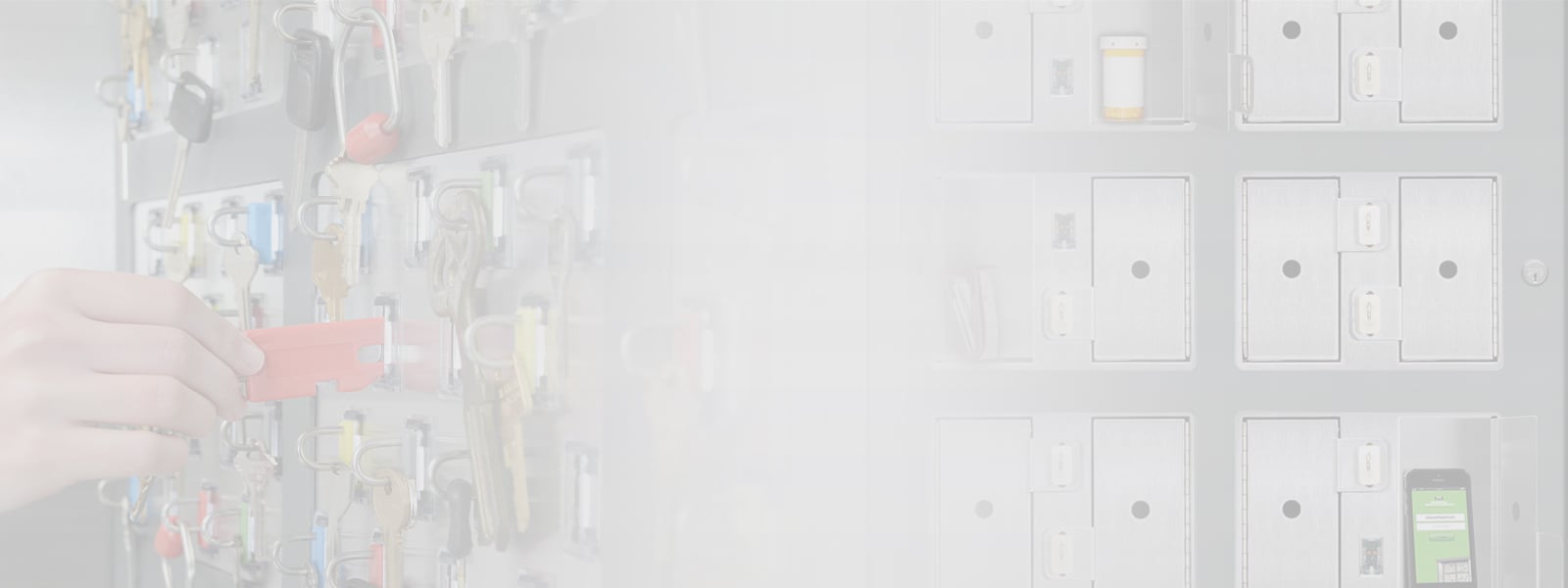The makeup of a university campus is not unlike that of a small town. As in a small town, multiple diverse buildings and green spaces are distributed throughout a defined geographic area. For the campus, these would include housing, administrative/office buildings, resource centers (i.e. library, medical facility, classrooms, religious centers, etc.), maintenance buildings, police services, retail (cafeteria, book store) and more. A university campus has all the same resources, if not the budget, as a small town has for safety and security. Further, because a campus is not an open environment, the school can even be more advanced in their operations and use of technology when pursuing a safer environment.
For example, most if not all campus buildings have controlled access, including the use of many physical keys. These can be securely stored in a key control system cabinet and released only to authorized users. Many municipalities do utilize key control systems to control and track key usage for their city facilities and vehicles just as it is used in a school environment. However, the major advantage for the university campus is that the key control system can be networked and connected to the overall university security system, and to databases in the registrar’s office and human resources.
This means that there is the capability for centralized control and management of any of the keys stored in the system in any location for more effective and efficient management. With centralized control, operators can easily provision and de-provision users, track key usage, locate keys, schedule automatic reports and even set up email and text notifications when a key is overdue. Another benefit of centralized control and management is that fewer copies of high priority keys are needed because system administrators/school officials can keep better control of these keys when the system is networked. At any time, the location of a key or who may have accessed it can quickly and easily be determined. Keys can be returned to any key cabinet and the system will keep track of its location.
Whether used on a university campus or in a community, centralized key control and management is an intelligent and effective means of enhancing safety and security.



